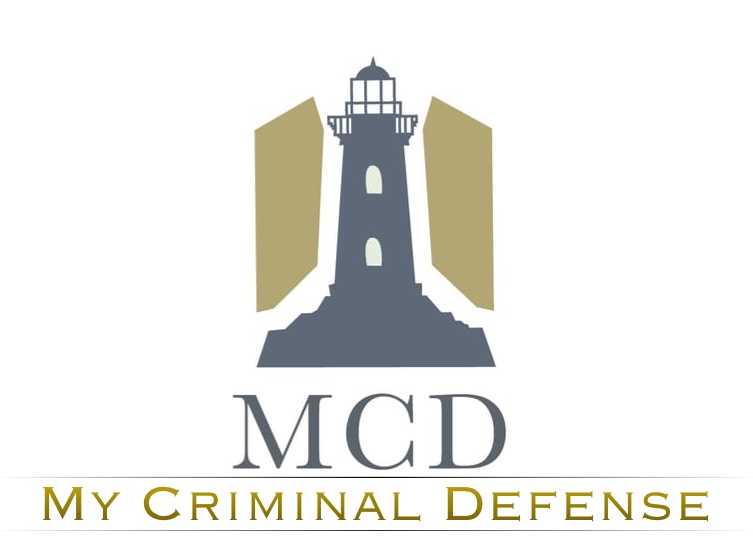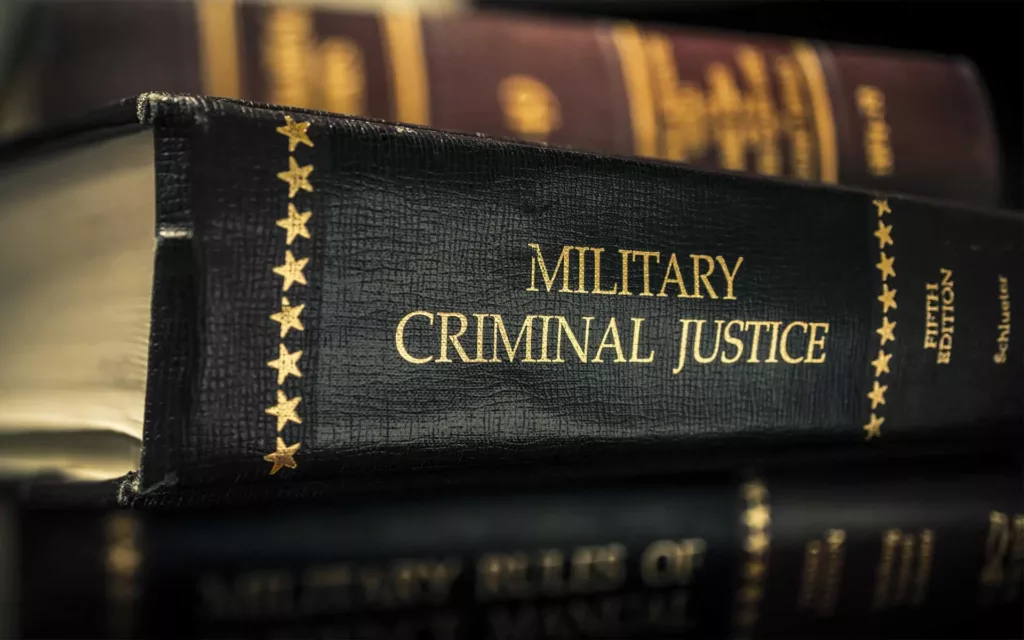PC 1001.80 San Diego Law
TO ALL ACTIVE DUTY MEMBERS OF THE ARMED FORCES AND ALL MILITARY VETERANS, REGARDLESS OF THE CHARACTERIZATION OF YOUR SERVICE:
Penal Code section 1080.80 also known as the “Pre-Trial Military Diversion Program” was enacted in April of 2015 to give active duty and veterans of the armed forces who have been charged with misdemeanors or less serious felonies an opportunity to enter an appropriate treatment program to receive help for PTSD, substance abuse or any other mental health condition resulting from their military service. Interestingly, the law did not deprive service members or vets who received bad conduct or dishonorable or other than honorable discharges from the program. This is a very important point, because so many of these service members or vets may incorrectly believe they are not eligible for the Military Pre-Trial Diversion Program because of a negative characterization of their service record. In fact, they are just as eligible as a service member or vet who received honorable discharges.
One of the problems we presently face every time a service member or veteran applies for relief under Penal Code section 1001.80 is the amount of discretion a trial court has to refuse a service member or veteran access to the Pre-Trial Military Diversion Program. The way the law now reads, a trial court has complete discretion to deny or allow eligible service members or veterans access to the program:
“(c) If the court determines that a defendant charged with an applicable offense under this chapter is a person described in subdivision (a), the court, with the consent of the defendant and a waiver of the defendant’s speedy trial right, may place the defendant in a pretrial diversion program, as defined in subdivision (k). “ (emphasis added.)
There are many facets of this program that will undoubtedly require more intensive treatment, but this initial article is introductory in nature and is designed solely to reach active duty commands and veteran organizations in California and nationwide who are unaware that this important legal remedy exists and can make a huge difference in the life of a service member or veteran who has suffered mental health problems as a result of honorable wartime combat conditions.

CALL US NOW FOR A FREE MILITARY CONSULTATION
1-619-231-2151
PC 1001.80 San Diego Law
Finally, and this last point really addresses the State of California in particular, there are many different approaches that the superior courts in California have taken to implement Penal Code 1001.80, the “Pre-Trial Military Diversion Program”. It is our goal to bring a uniform program to the attention of the California Judicial Council (CJC). The CJC is responsible ultimately for promulgating policies to implement new laws and creating collaborative strategies for their proper and uniform implementation in California courts. In the end, law enforcement officers, probation officers, prosecutors, defense counsel, military legal counsel, senior military officers, mental health professionals, active duty and veteran organizations will all have to work together to inform potentially eligible participants and then work fairly and equitably from one county to another in this state to make sure Pre-Trial Diversion Program participants receive fair and equitable treatment regardless of their county of residence, regardless of the quality of their service record, regardless of whether they were discharged honorably or dishonorably—-as long as the service member or veteran can show that he or she is suffering from a mental illness resulting from their military service.
How can the California Judicial Council become more actively involved in the creation of a uniform guide for the administration of this program for use by superior courts in the State of California? Traditionally, other states have looked to California as a state that traditionally has taken the lead in tackling difficult problems in society for which legal solutions have not yet been created.
The problem of discretion vested in the trial court is by no means a new one. The vast majority of laws in California penal statutes are rife with all kinds of prejudice and unfairness. First of all, each case turns on its own facts. So, almost by definition, a trial court has an incredibly difficult task of applying the law to fact. The trial court is not to blame. The appellate court is not to blame; however, the legislature needs to step up and accept responsibility for the vagueness that haunts the penal system.
If we use Penal Code section 1001.80 as a continuing example, we can see how the legislature, either willfully or negligently, has failed to give proper guidance to a trial court in determining who gets into the program, under what circumstances are they allowed to continue or be terminated from the program and how institutions, organizations and other providers of services play a role in these factors.
Let’s look at a hypothetical case of an active duty service member who has returned from several combat deployments to Afghanistan with a severe case of Post Traumatic Stress Disorder. The first responsibility of a trial court is to determine whether or not the service member suffers from a qualifying mental health disorder. The statute states: “The defendant may be suffering from sexual trauma, traumatic brain injury, post-traumatic stress disorder, substance abuse or mental health problems as a result of his or her military service. The court may request, using existing resources, an assessment to aid in the determination that this paragraph applies to a defendant.”

CALL US NOW FOR A FREE MILITARY CONSULTATION
1-619-231-2151
PC 1001.80 San Diego Law
The term, ‘may’, creates a tremendous potential for the unfair application of this wonderful new law. The intent of the legislature is very benevolent and praiseworthy, but one can almost get the sense that the legislature does not want to accept responsibility for what happens if a few psychologically unstable program participants end up killing or hurting people. When a law has ‘may’ written into it as many times as it is written into Penal Code section 1001.80, a trial court faces an almost impossible challenge to make sure it applies the law fairly and equitably.
The law must be amended to change ‘may’ to ‘must’ in many of this law’s sections. For example, the law should read, “(1) the defendant ‘must’ be suffering from sexual trauma…as a result of his or her military service. The small change of may to must relieves a trial court of a lot of uncertainty. Now, that does not mean a veteran will be admitted into the program if an assessment demonstrates the existence of a mental health problem, but it certainly removes a lot of ambiguity and gives mental health professionals more guidance in developing their mental health assessments or evaluations.
I served in the United States Navy for a little over three years on active duty. I have seen first-hand how traumatic events in a military mission can create terrible mental health disorders.
This is the first of a series of articles I plan to write on this law and this may be an excellent place to stop the first article.
I want to leave the reader with a challenging assignment. Please read Penal Code 1001.80 in its entirety and prepare some ideas on how the legislature should change this law to make it fairer and more reliable. I want to see what kind of responses I get. I often get my very best ideas from people who read and criticize my articles. I welcome everyone’s input!
Farewell to my fellow veterans!

CALL US NOW FOR A FREE MILITARY CONSULTATION
1-619-231-2151
PC 1001.80 San Diego Law





